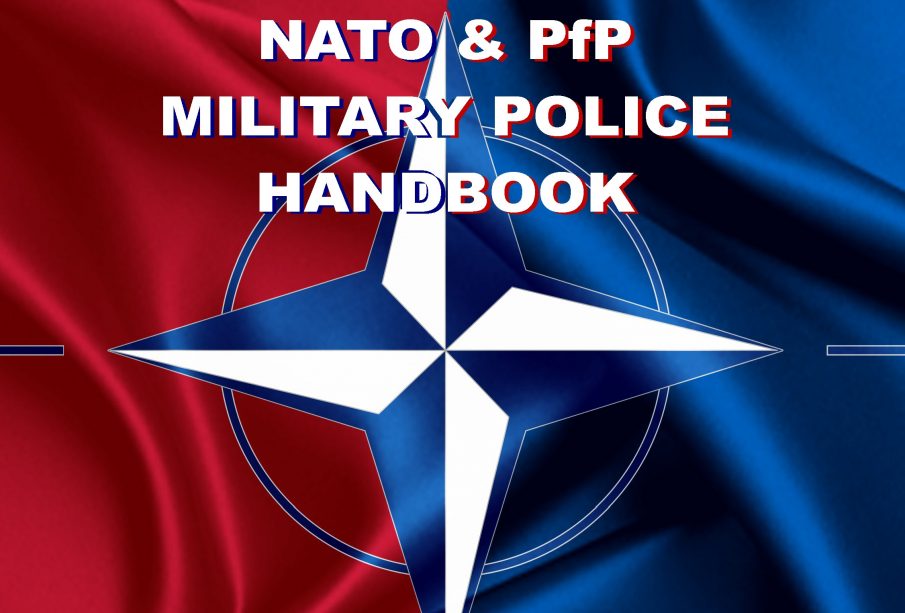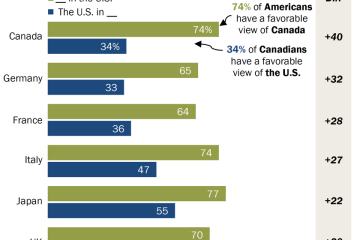NATO: A Pillar of Global Security in a Changing World

Introduction
The North Atlantic Treaty Organization (NATO) has been a cornerstone of international security since its inception in 1949. As global tensions rise and new threats emerge, understanding NATO’s relevance in today’s geopolitical landscape is crucial. The ongoing war in Ukraine, military advancements by Russia, and the rise of cyber warfare have put NATO in the spotlight, raising questions about its future and the commitment of its member states.
NATO’s Current Role
In recent months, NATO has demonstrated its commitment to collective defense, especially in response to the Russian invasion of Ukraine. This conflict has prompted a reassessment among NATO member countries regarding their defense budgets and military readiness. According to NATO statistics, collective defense spending among member states has increased by 4.3% in the past year alone, a clear indication of the alliance’s renewed focus on deterrence and defense capabilities.
In June 2023, NATO held its annual summit in Vilnius, Lithuania, where leaders reiterated their collective commitment to defend every inch of NATO territory. Secretary-General Jens Stoltenberg emphasized that NATO stands ready to “defend against any aggression” and highlighted the importance of solidarity in the alliance. This meeting solidified NATO’s strategic partnerships and cooperation with countries like Sweden and Finland, both of which seek NATO membership amid growing security concerns in the region.
Emerging Challenges
The evolving nature of warfare, especially in the cyber domain, presents unique challenges for NATO. Cyber threats from state and non-state actors are increasingly sophisticated, targeting critical infrastructure and elections across member states. NATO is establishing a Cyber Operations Centre, aimed at enhancing intelligence sharing and improving collective defense against cyberattacks.
Additionally, the global landscape continues to shift with the rising influence of China. NATO is exploring avenues to address this expanding influence, particularly within the Asia-Pacific region. The alliance recently held discussions with its partners, including Australia and Japan, to strengthen ties and ensure that collective security remains robust in the face of evolving threats.
Conclusion
NATO’s role in global security is more significant than ever as it adapts to new challenges and threats. The alliance’s ability to evolve in response to geopolitical changes, enhance military readiness, and address cyber threats will determine its relevance in the coming years. For citizens of NATO member states, continued investment in defense and international partnerships will be crucial for maintaining peace and security in an increasingly uncertain world. As NATO navigates these complex challenges, its united stance will be vital for deterring aggression and preserving democratic values across the globe.









